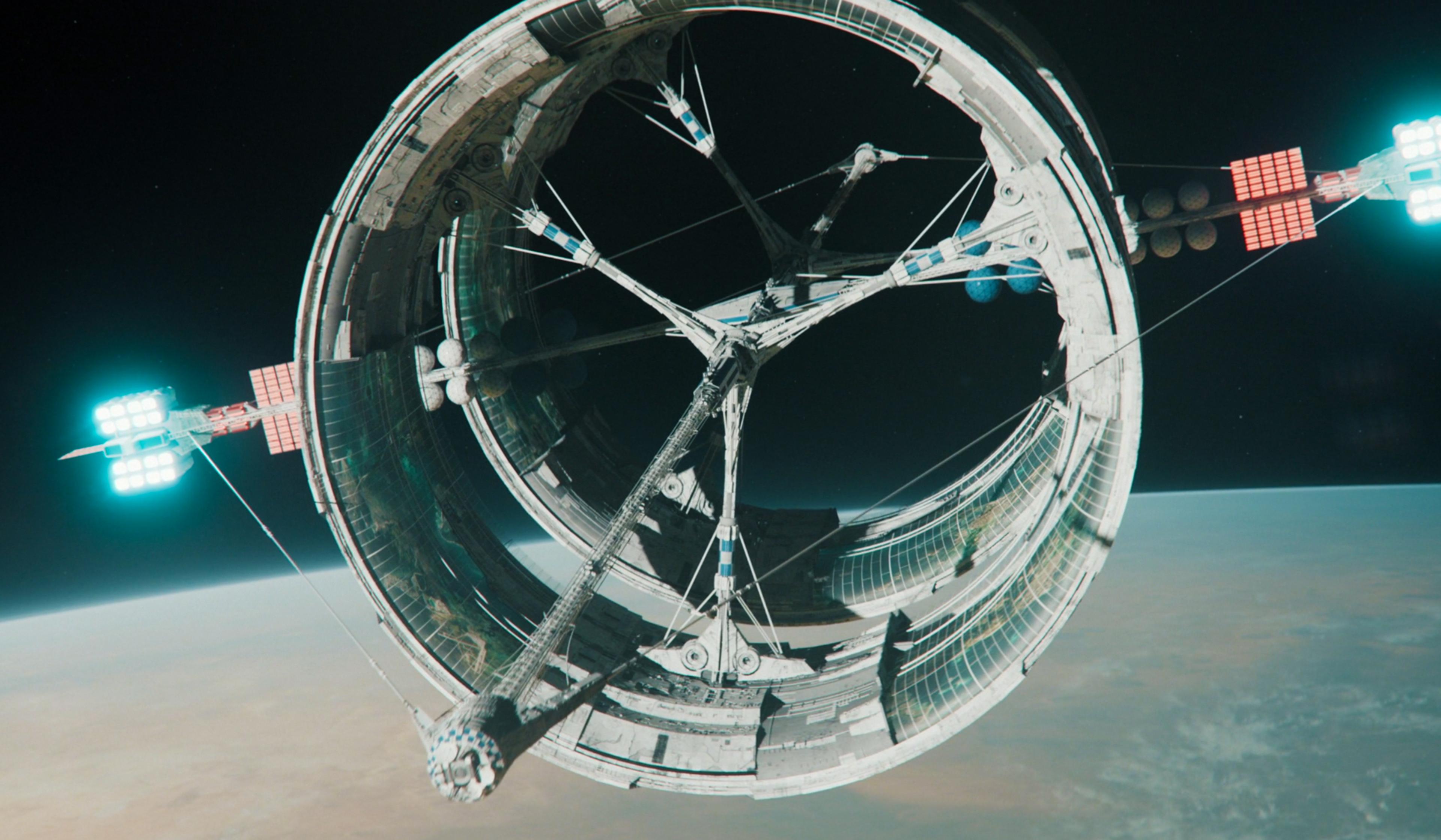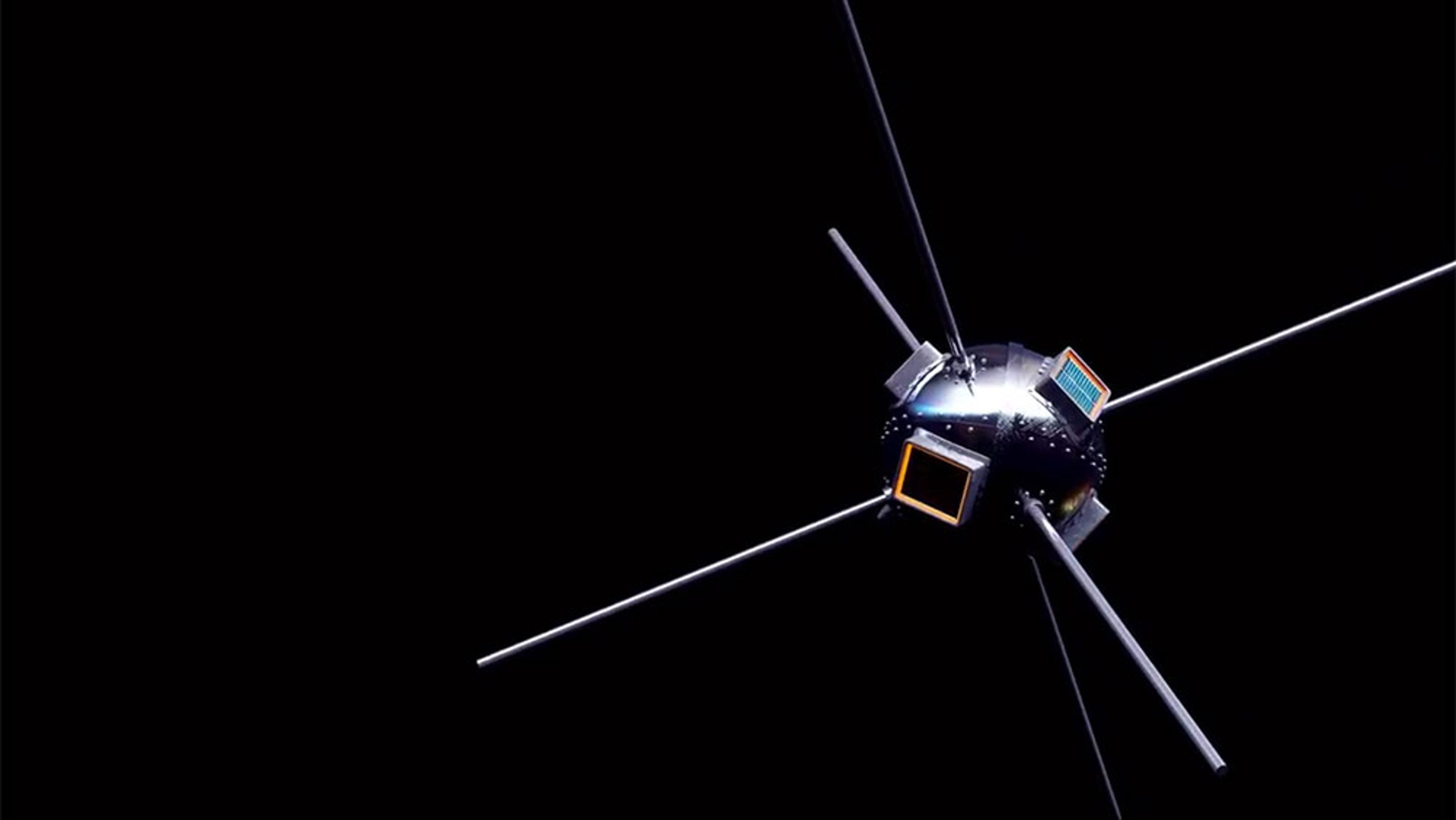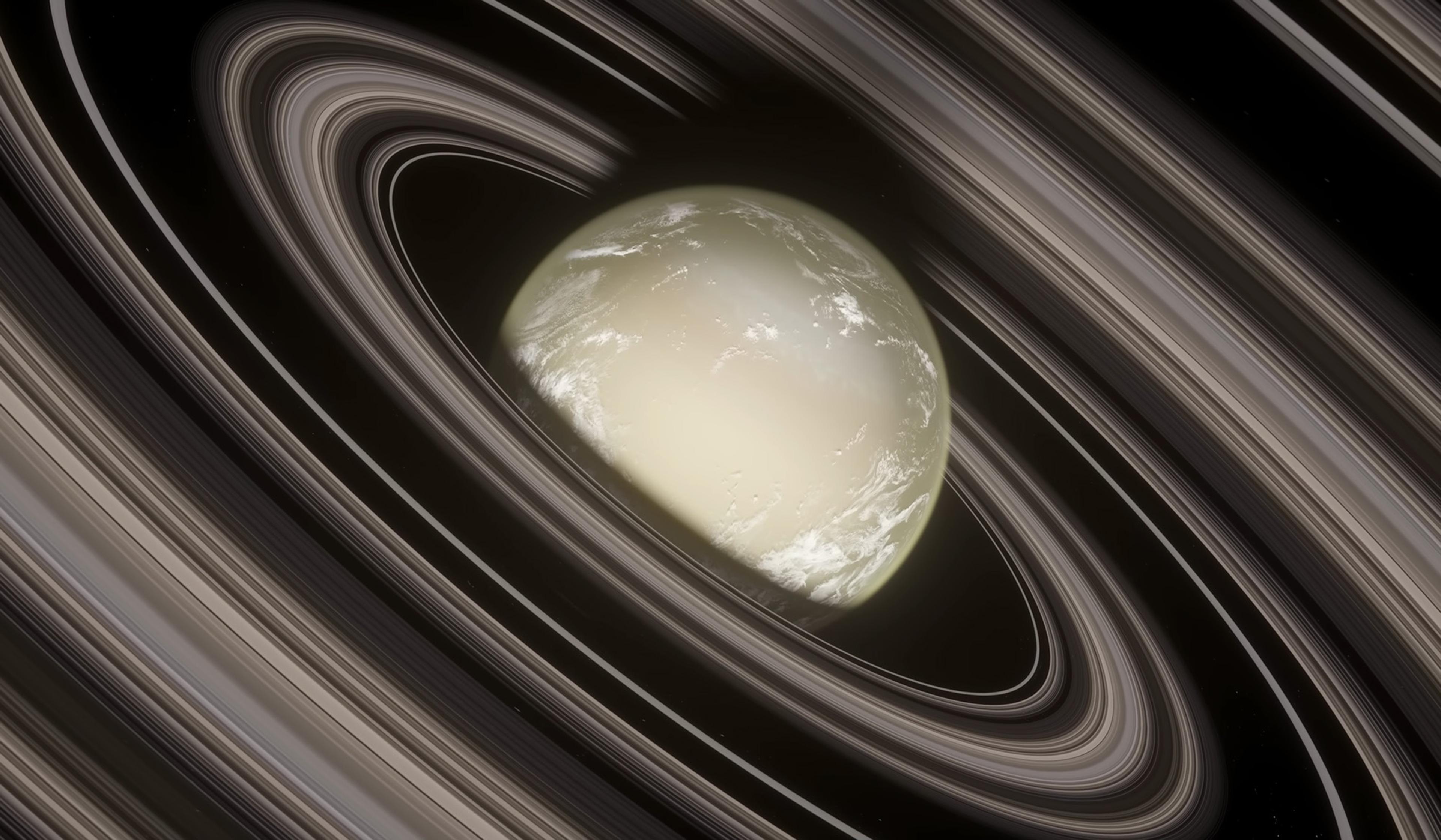The concept of a spinning, ring-shaped spacecraft that generates Earth-like gravity predates 2001: A Space Odyssey (1968) and even the first satellite launches of the 1950s, and originates in the 1903 writings of the pioneering Russian and Soviet rocket scientist Konstantin Tsiolkovsky. But, more than a century later, no such centrifugal craft has yet been built, despite the theoretical promise of such a project. In One Revolution Per Minute, the Stockholm-based director Erik Wernquist, who is known for his speculative yet deeply science-informed CGI shorts, envisions what such a craft might look like, as well as who it might cater to. Paying careful attention to details, from the practicalities of the physics to the movement of shadows, Wernquist invites viewers aboard the ‘SSPO Esperanta’, a speculative craft that offers guests a luxurious sightseeing tour of the solar system.
Is this the future of space travel? Take a luxury ‘cruise’ across the solar system
Director: Erik Wernquist
Music: Cristian Sandquist

videoSpace exploration
Mind-bending speed is the only way to reach the stars – here are three ways to do it
5 minutes

videoHistory of science
Prelude to the space age – the 1960 film that inspired ‘2001: A Space Odyssey’
28 minutes

videoHistory of technology
The voyages of Ancient Pacific mariners echo in modern space exploration
2 minutes

videoSpace exploration
The rarely told story of the fruit flies, primates and canines that preceded us in space
12 minutes

videoSpace exploration
‘Space junk’ is a calamity in the making and a threat to anyone venturing off Earth
11 minutes

videoSpace exploration
Fun in zero gravity: the real reason astronauts go to space
4 minutes

videoSpace exploration
Burning ice, metal clouds, gemstone rain – tour the strangest known exoplanets
31 minutes

videoSports and games
Watch Charles and Ray Eames put their 1969 spin on one of the world’s oldest toys
8 minutes

videoCosmology
A stunning vision of the possibilities of humanity’s expansion into space
4 minutes